We were lucky to catch up with Ryan & Desiree Nelson recently and have shared our conversation below.
Alright, Ryan & Desiree thanks for taking the time to share your stories and insights with us today. Let’s jump right into the heart of things. Outsiders often think businesses or industries have much larger profit margins than they actually do – the reason is that outsiders are often unaware of the biggest challenges to profitability in various industries – what’s the biggest challenge to profitability in your industry?
I feel one of the biggest challenges for farmers in general, is to have consumers paying the actual price it takes to produce the food. Especially so for regenerative farmers, who typically use labor intensive farming practices and high quality inputs. Many industries can expect to get 7-10% profit according to a simple Google search. And to be clear, that is the amount above paying yourself, and all overhead costs of the business. I think a farm would be lucky to have those profits AND have enough customers supporting the farm to make it economically viable to support a family.
We know of a couple businesses that are in the “leisure and entertainment” categories that have profits well above 10%. The consumer will pay a lot to be “happy” but scrutinize over the cost to nourish their bodies, an unavoidable cost to living. Although we may not see it in our lifetime, we want to be part of the movement to change this mindset over food. Unfortunately all food is not created equal and good quality costs more. This also makes a big disparity across economic classes.
Many farmers, ourselves included, go without common luxuries to make our businesses work. We usually have to have off-farm income to be able to support our families. At our farm, it is a partnership that takes both myself and my husband Ryan to accomplish our production at the size we are. When Ryan is working off the farm to support our family, he is also not working on his farm responsibilities. This leads to us often working 7 days a week to accomplish the farm tasks during our growing season.
Although this is our choice, and we realize this, and we could choose another path. But we don’t, because we are passionate about farming the way we do and to produce nutrient dense meat and eggs for our family and others. We may have more grit then other famers who have come and gone since we’ve been farming. We see the benefits for our land and our family, and that makes it worth it. I would like to show consumers this aspect though, so it doesn’t always need to be a family taking the hard path to produce quality food for another.
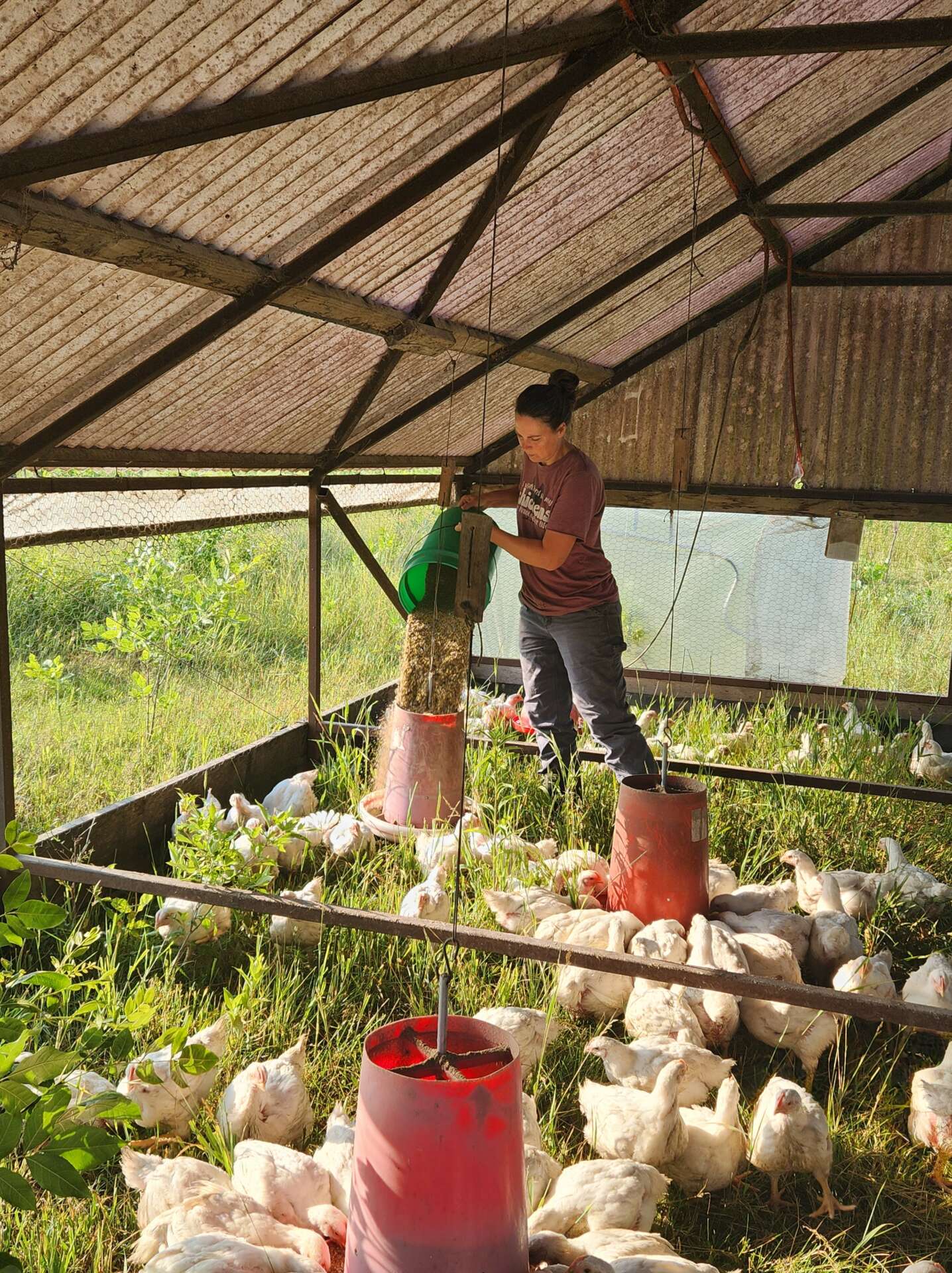
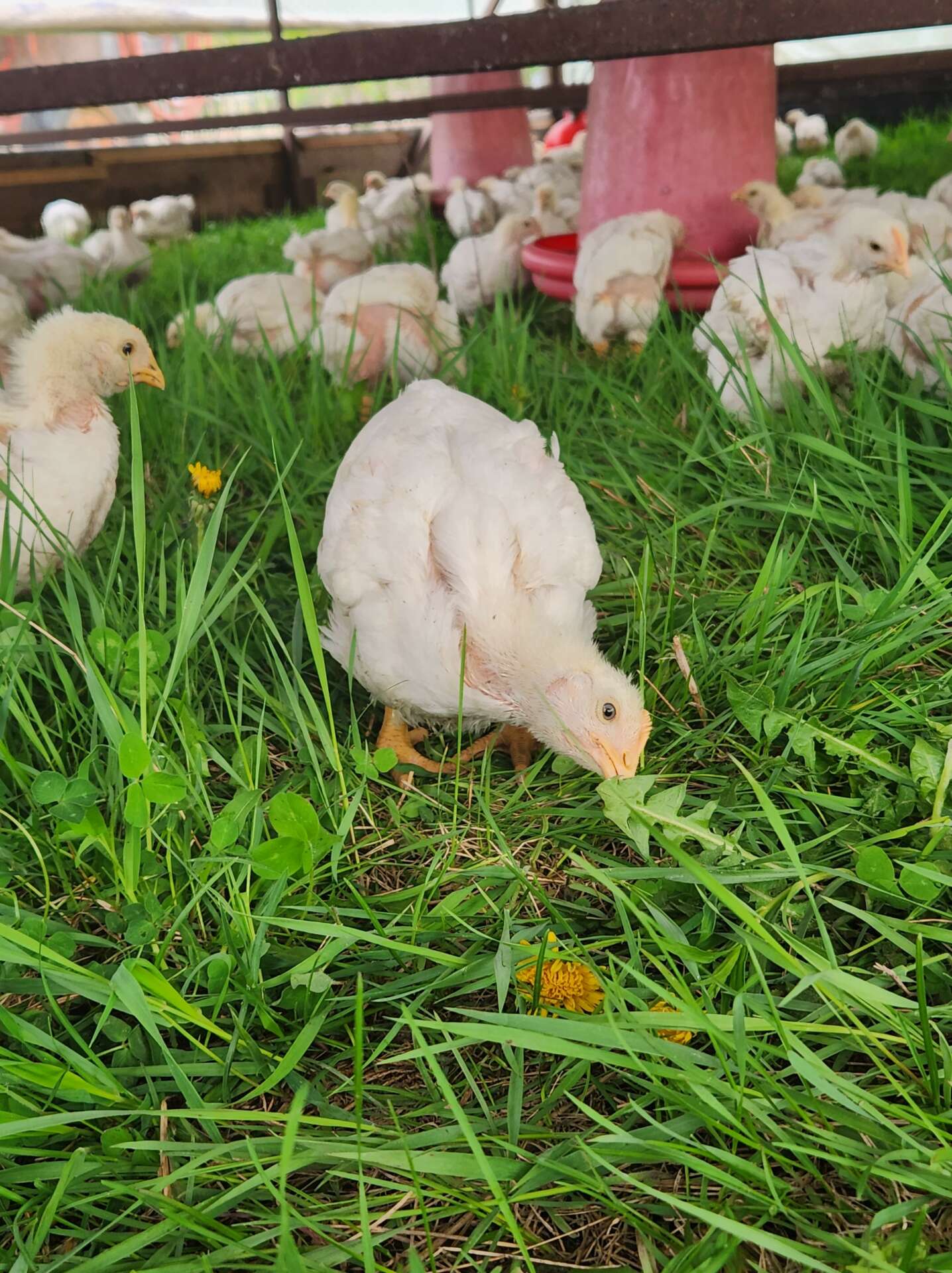
Ryan & Desiree, love having you share your insights with us. Before we ask you more questions, maybe you can take a moment to introduce yourself to our readers who might have missed our earlier conversations?
We started Nelson Grass Farm in Ogilvie MN in 2012, on 76 acres of non-prime farmland. Prior to starting our own farm, I worked in the veterinary health field with small ruminants. Ryan had worked in a small trucking business to help revitalize the company and bring it back to profitability. We ended up managing a sheep farm together, myself being responsible for herd health and Ryan for buildings and infrastructure of an older farm. We did farm chores and working the animals together, and learned all the things we needed to take care of this farm and the animals. In that process, we learned we liked the farming lifestyle and wanted that for our family.
In all of our learning, we developed our vision for taking care of soil health along with the animal health. We wanted to try to work with nature and not against it. Most of our learning came from a farmer Joel Salatin, we listened to him speak and read all of his books. This shaped how we started our farm. Selling direct to the customer was the best way to make a living to support a family. And our views aligned with his on farming practices. We never stop learning, and have changed some of our practices away from Mr. Salatin’s that work better for our farm.
Currently, we raise chickens, pigs and laying hens for eggs. We have a small 2 cow-calf herd to manage the forages we are growing from the added fertility of rotationally grazing our animals. We feed high quality transitional organic, no soy grains to our omnivores on the farm. So we sell chicken, pork and eggs, we don’t have enough beef yet to sell from our farm. In the past, we have also raised sheep, goats and turkeys on our farm. We found that we had too many enterprises and narrowed them down to manage our workload better.
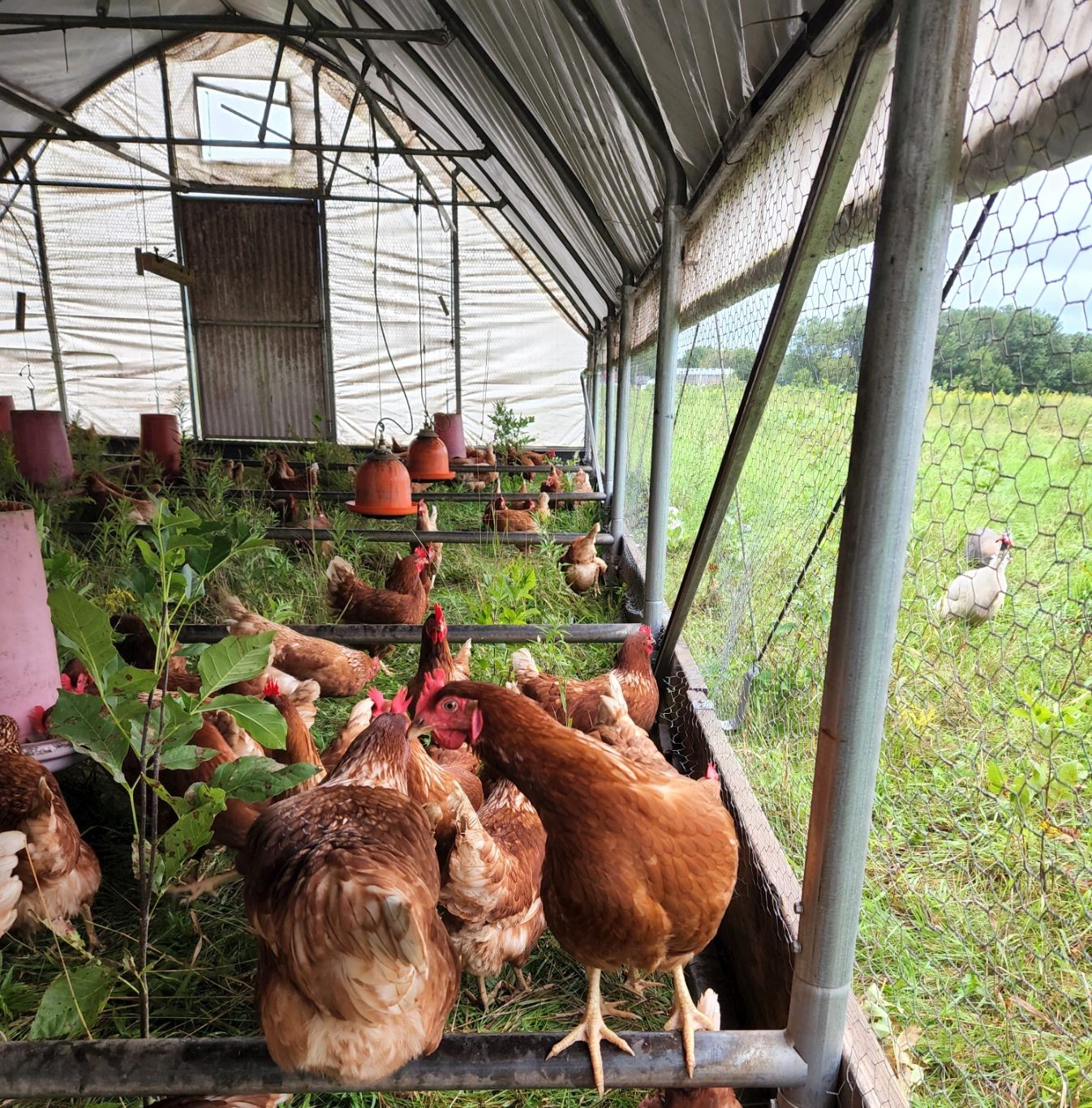
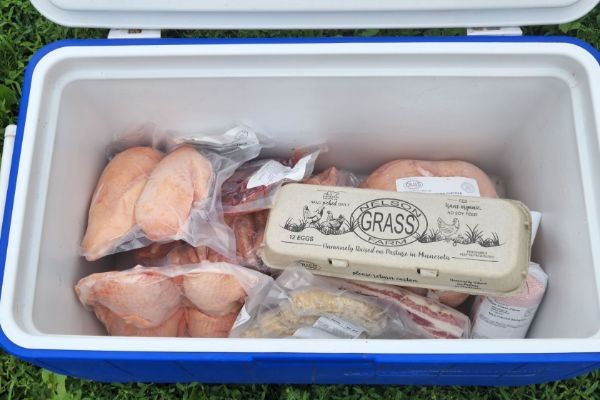
Any thoughts, advice, or strategies you can share for fostering brand loyalty?
We primarily use email. Each week before we have deliveries, I will write an email to our subscribers. The email contains some updates on products and delivery schedules. I put some family happenings in them as well. But mostly I tell our subscribers what has happened the past week on the farm. All the things that seem mundane to us, is interesting to our customer. It is also educating on what is happening on a small farm in MN. I get the comment, “I love your weekly emails” more than “your eggs taste the best, and we’ve tried them all.” I feel that our subscribers are invested in our family and our farm and that keeps them supporting us. Having a good quality product to sell, doesn’t hurt.
You can also see pictures of the farm on our Facebook and Instagram pages. But I have not put a lot of effort into our social media accounts. I learned about how beneficial it is to have social media and some of what we need to do to stay in front of people or to attract people to our farm. But I am not a very outgoing person to begin with, and I found this to be hard and not fit well with my personality. I still periodically post to keep up our transparencies with our customers and potential customers. I irregularly post stories of farm happenings. So this is not a place where we draw in a potential customer, that happens mainly on our website.
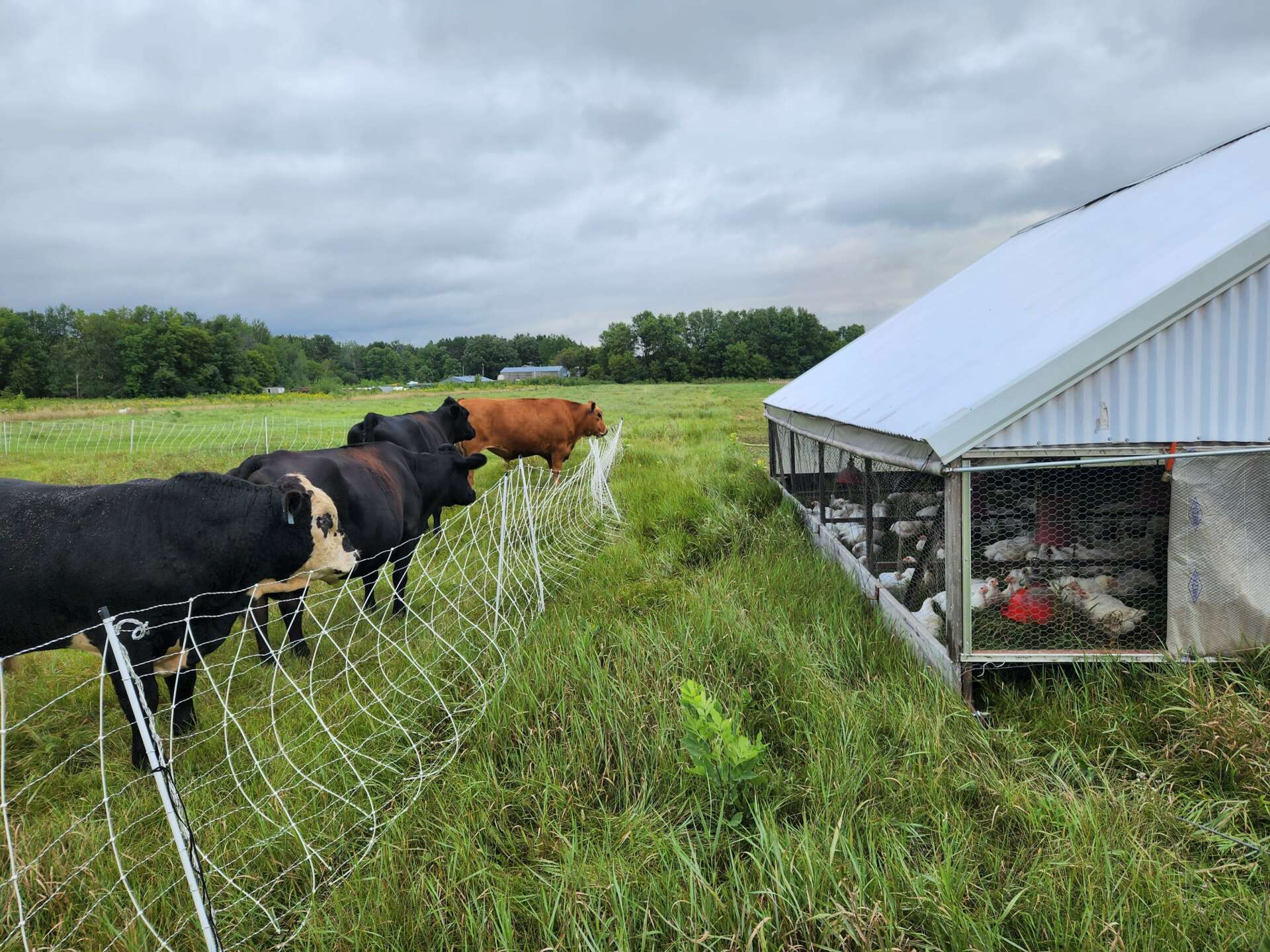

We’d love to hear your thoughts about selling platforms like Amazon/Etsy vs selling on your own site.
We have our own website and online store that we had optimized a couple years ago. Prior to that, we did not have an online store, and I managed it all through emails and Google Forms. For a small farm like ours, the initial cost of starting the website and then the monthly costs we incur can seem daunting. I think it is well worth it, especially in trying to grow your business.
It is often expected to have a seamless online presence and buying experience. Large retailers and online services have created this expectation. I think it is an unavoidable service we need to provide to compete and grow. It has also made things easier on my end. I can import all my sales into my bookkeeping software, my orders are organized by delivery, and products are easily edited online. All of which I did the long way before.
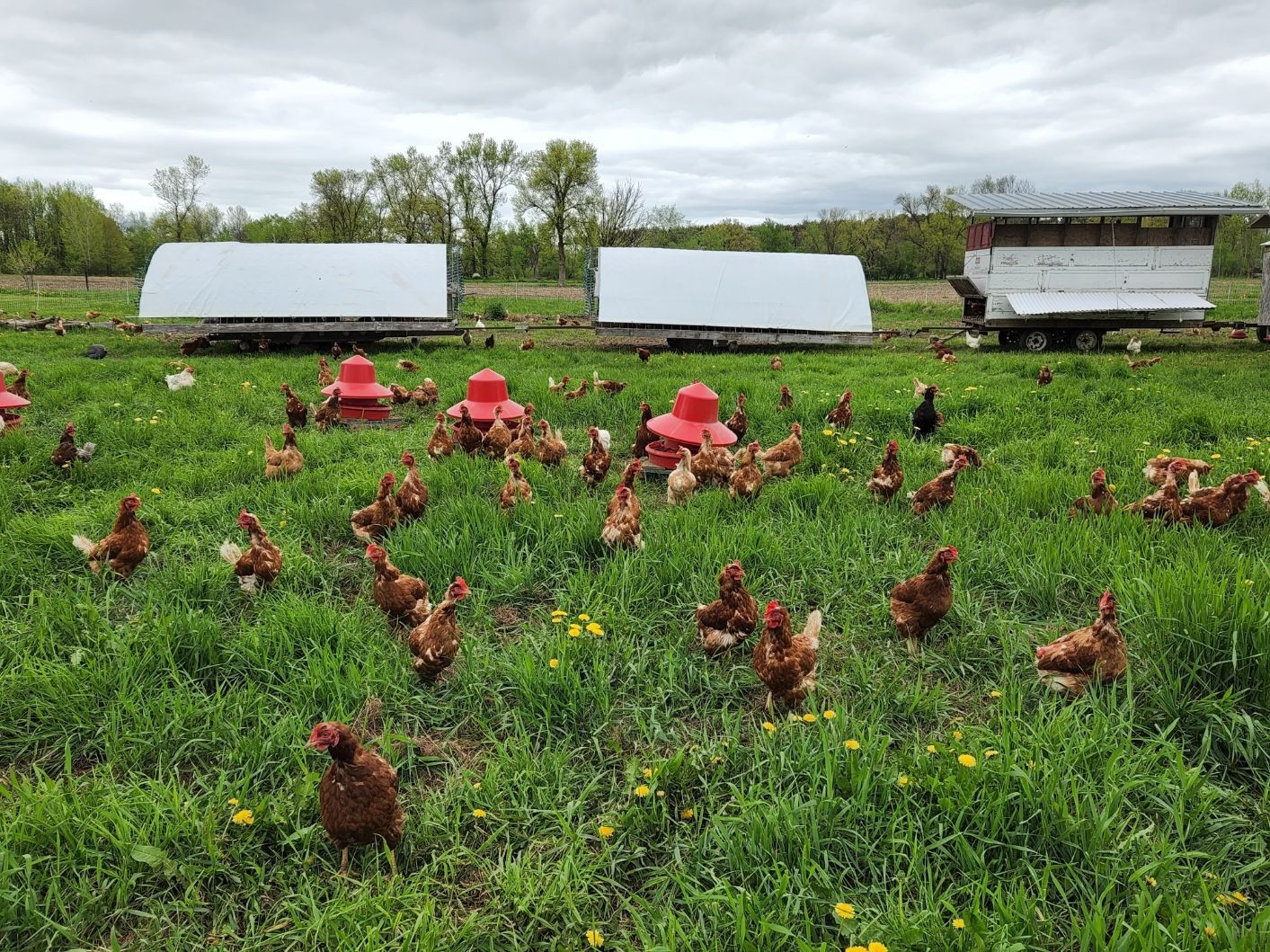
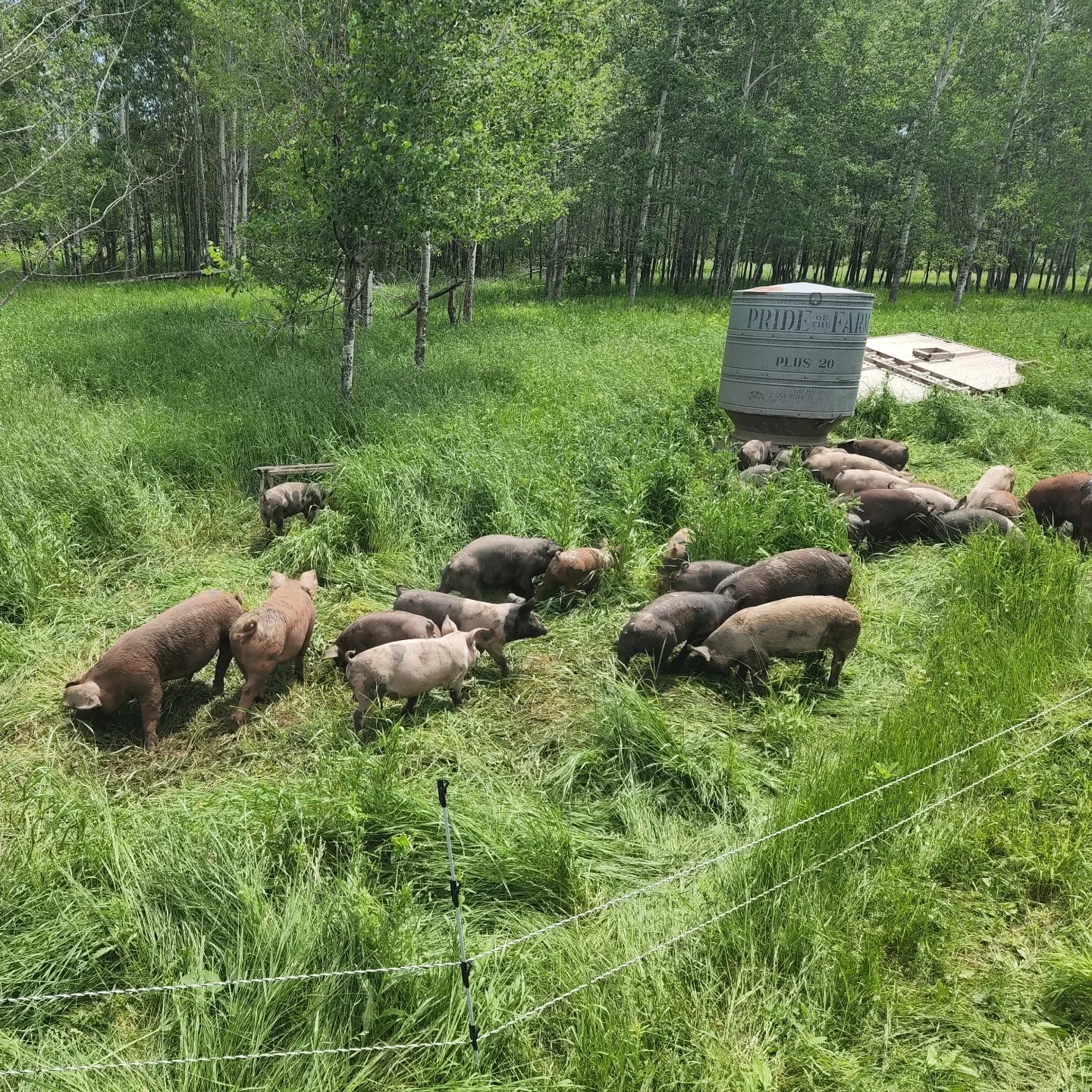
Contact Info:
- Website: www.nelsongrassfarm.com
- Instagram: www.instagram.com/grass.farmer/
- Facebook: www.facebook.com/NelsonGrassFarm
- Youtube: https://www.youtube.com/channel/UCv61tzdhOiz2dsqaUWcs–Q?app=desktop
Image Credits
photographer Desiree Nelson


